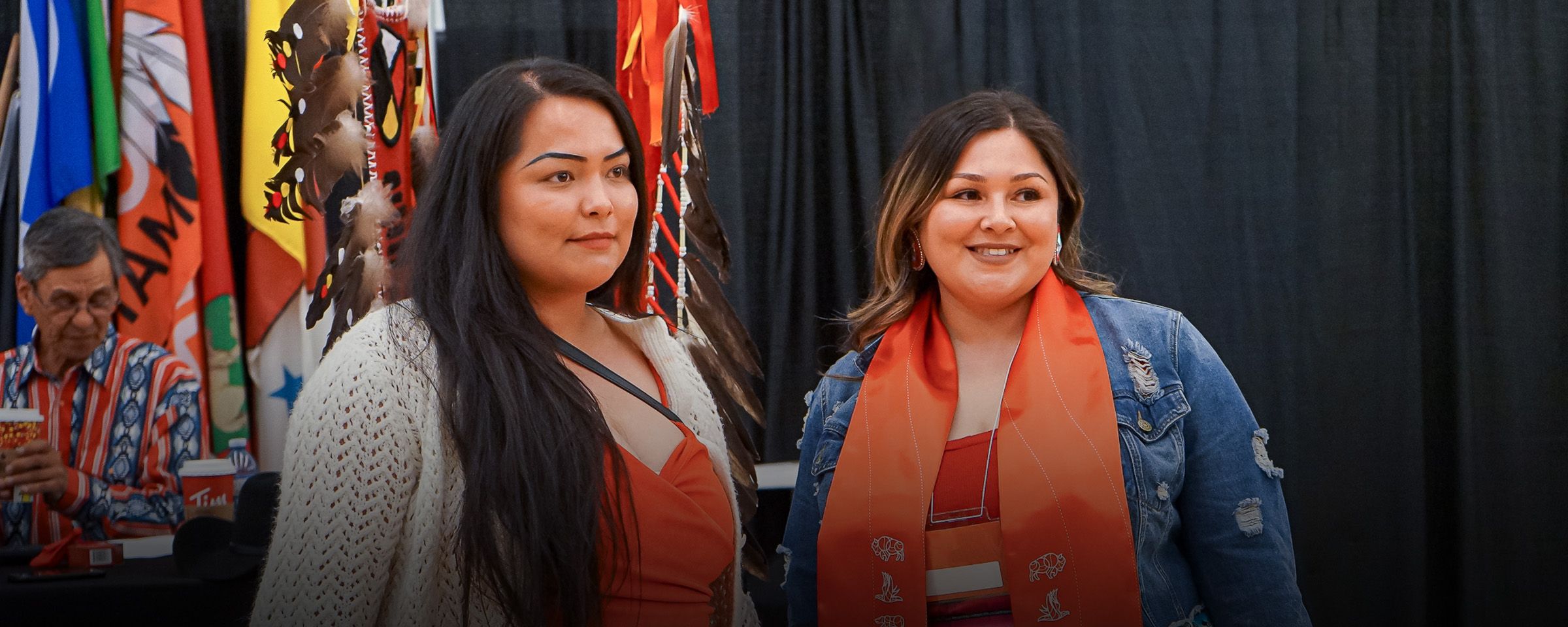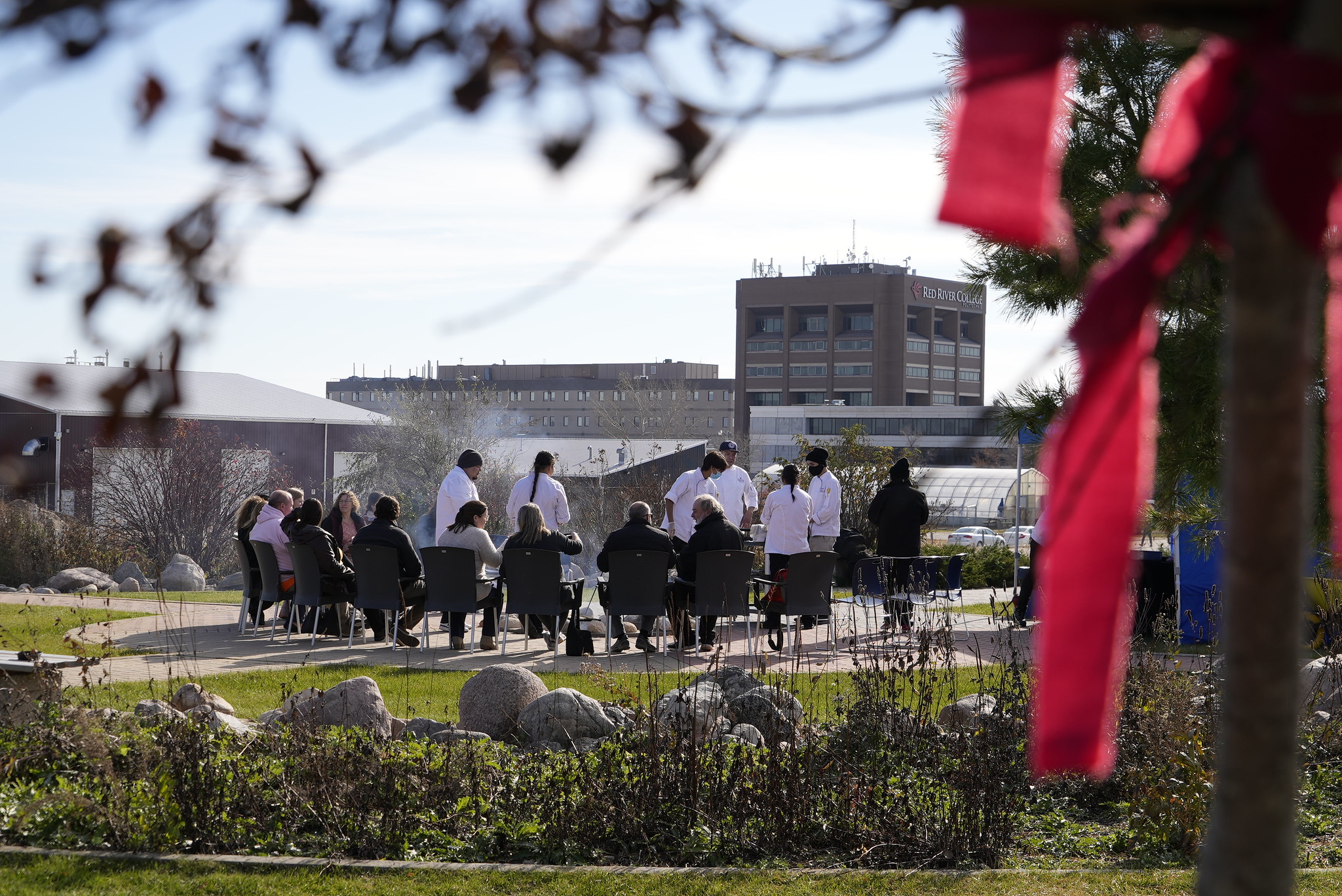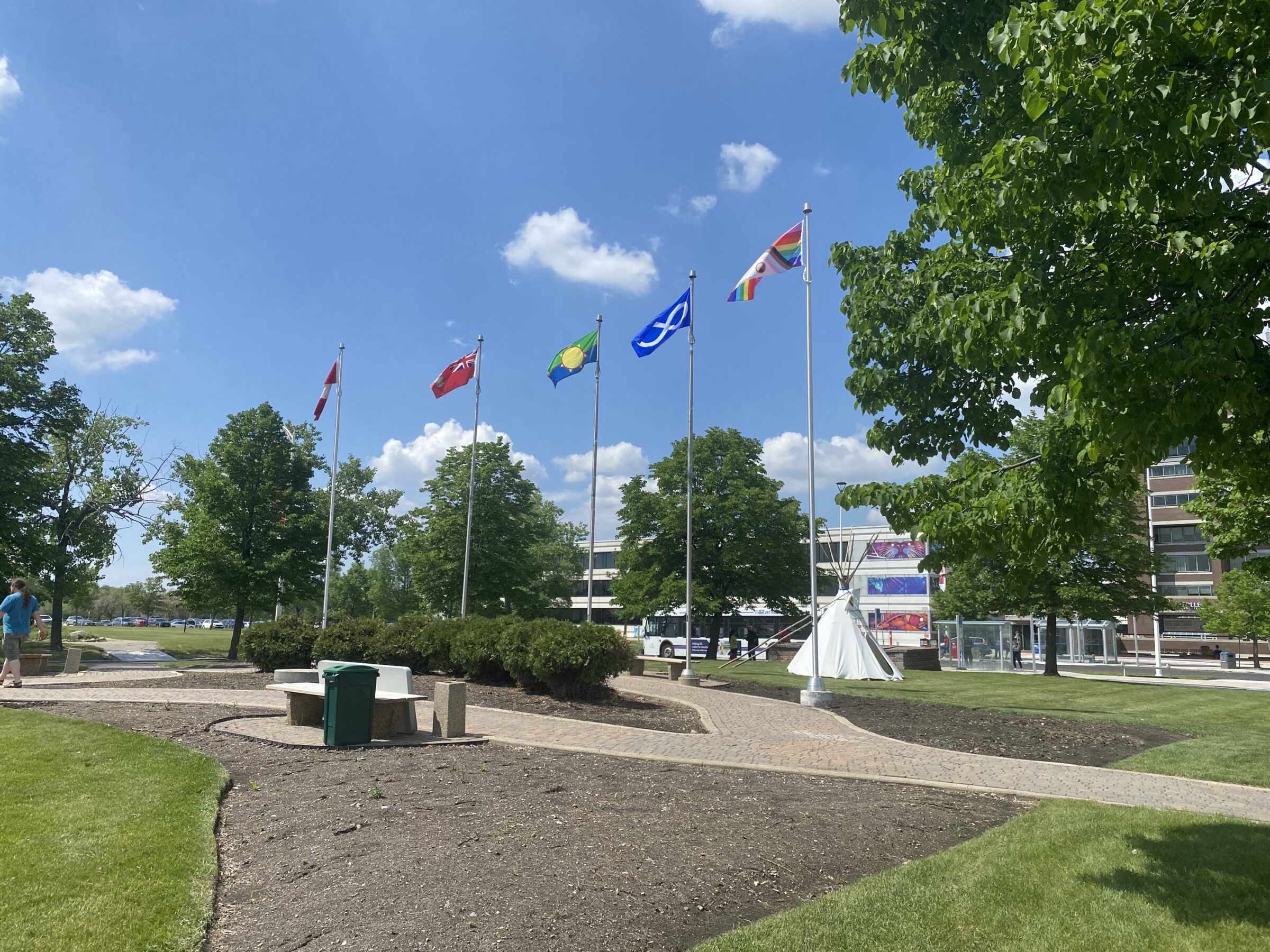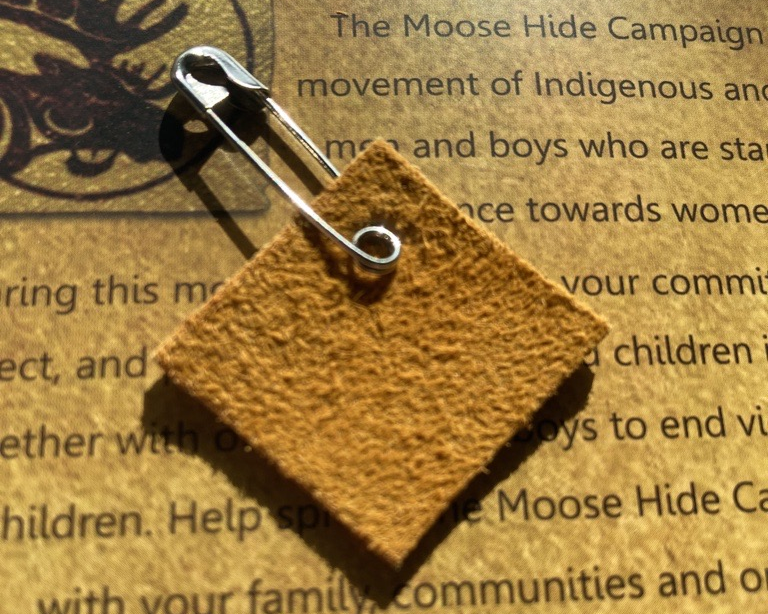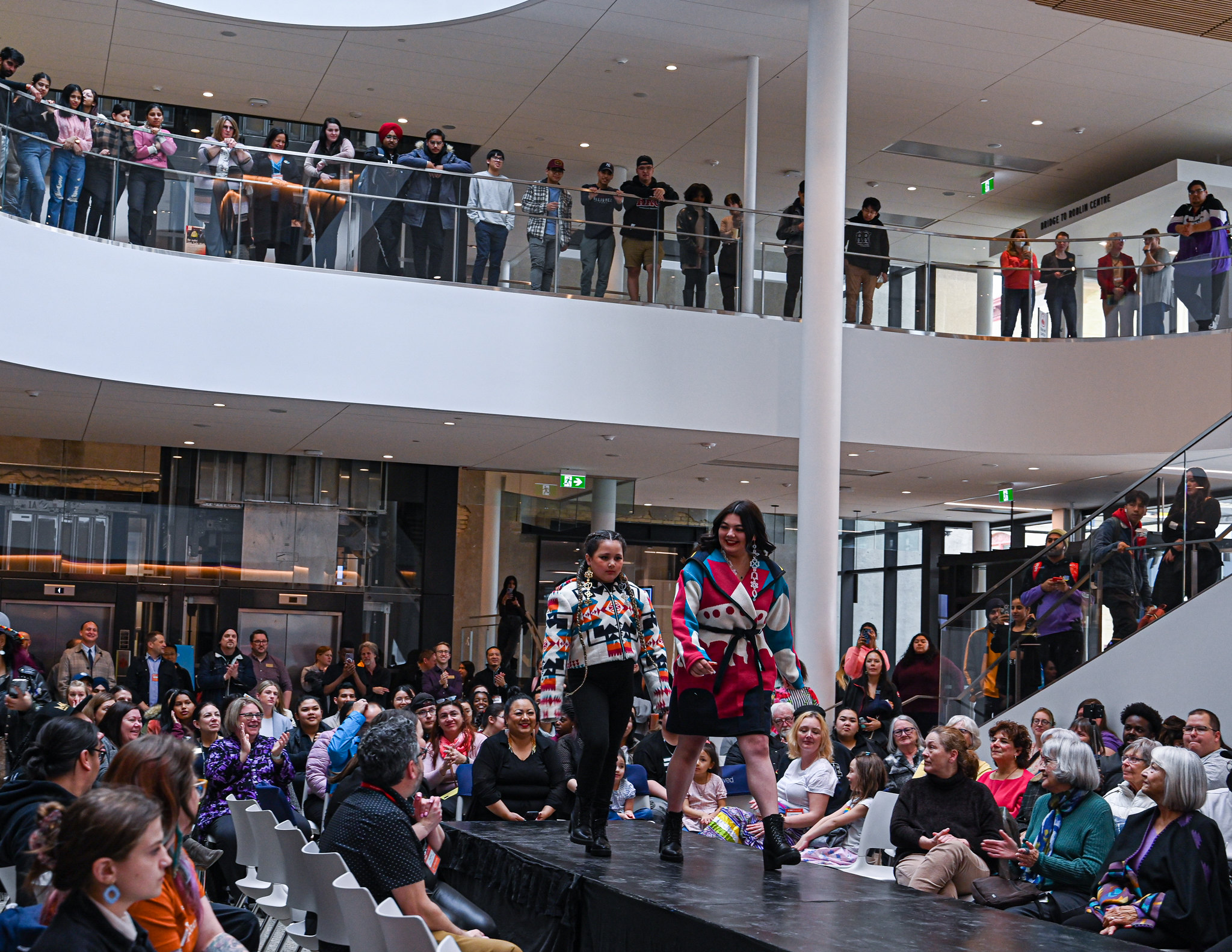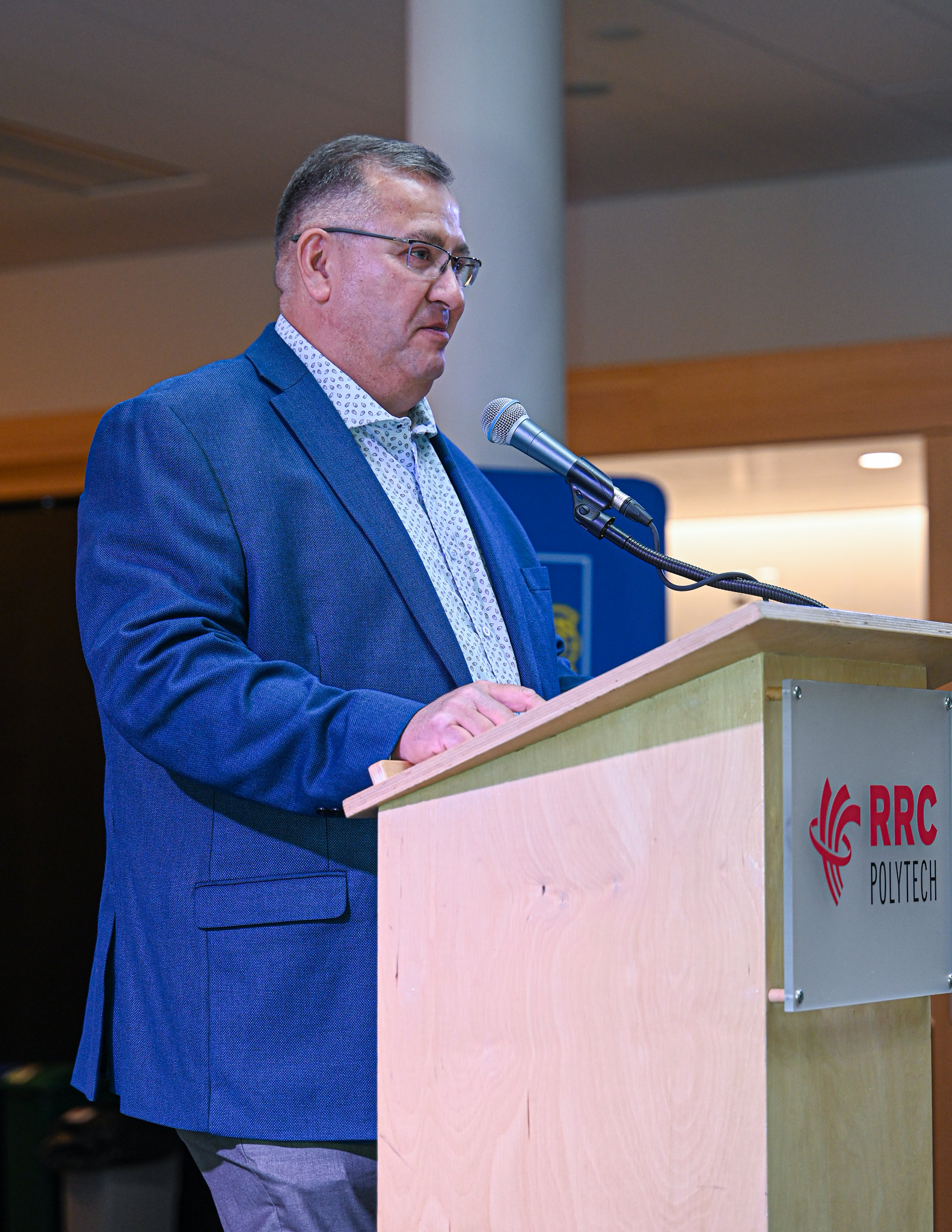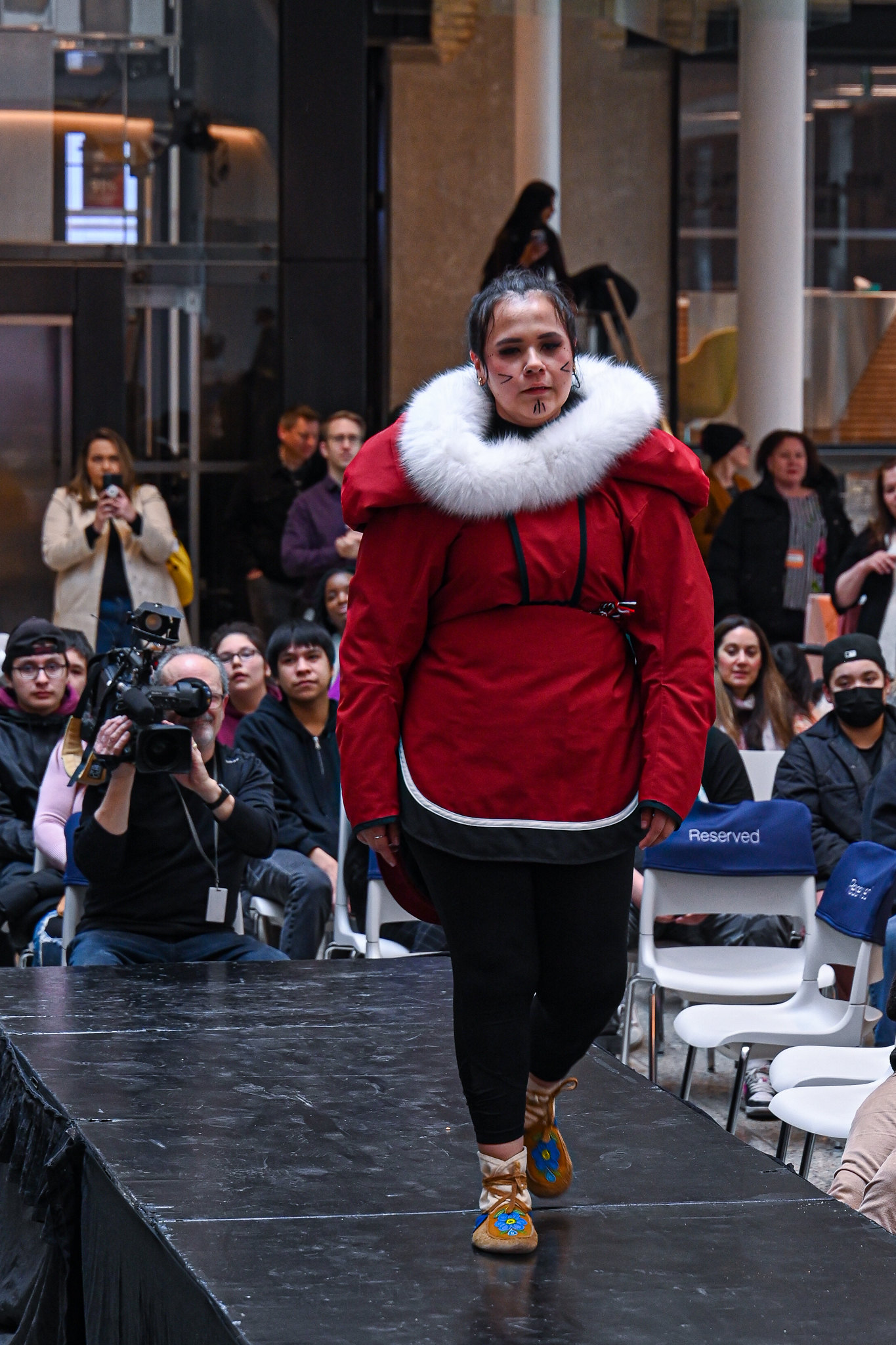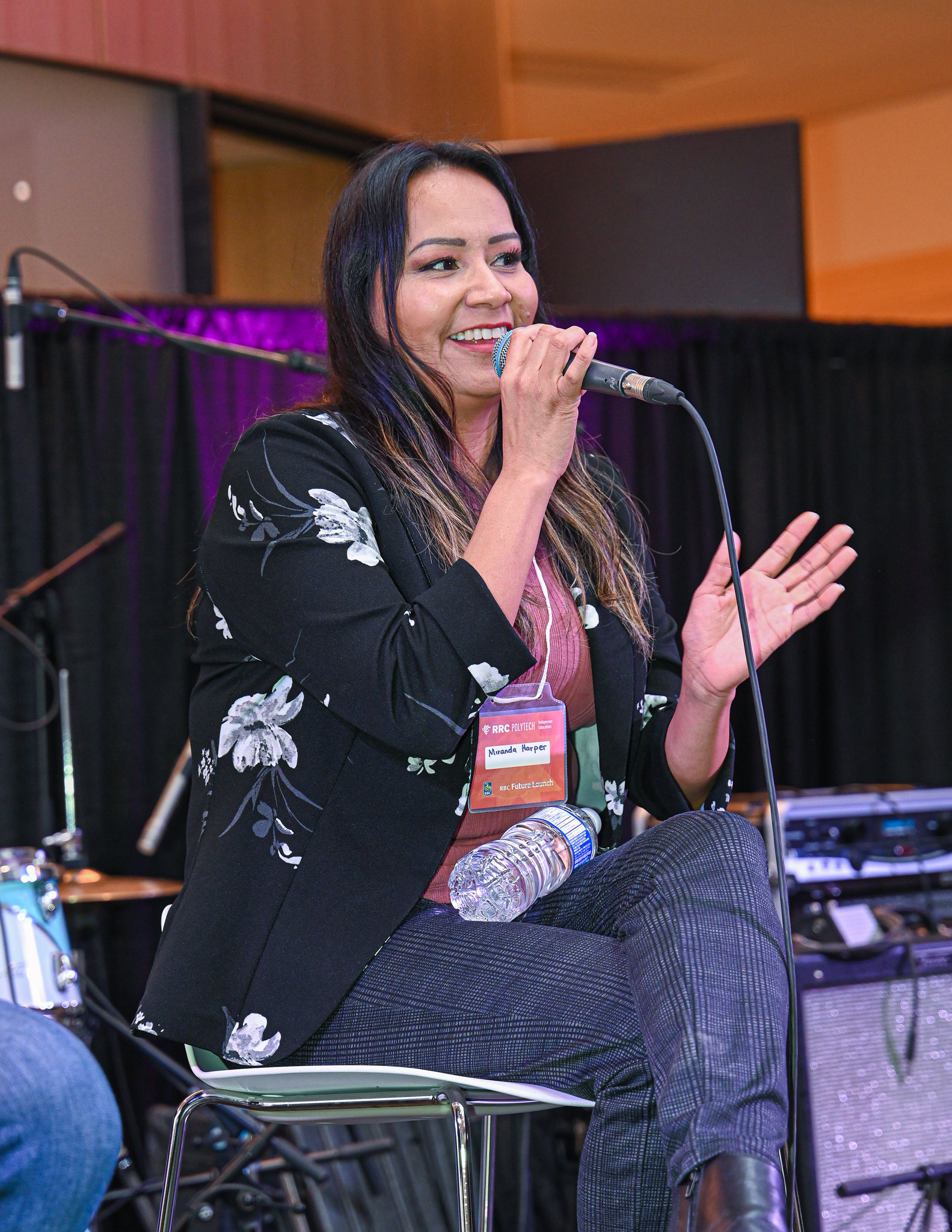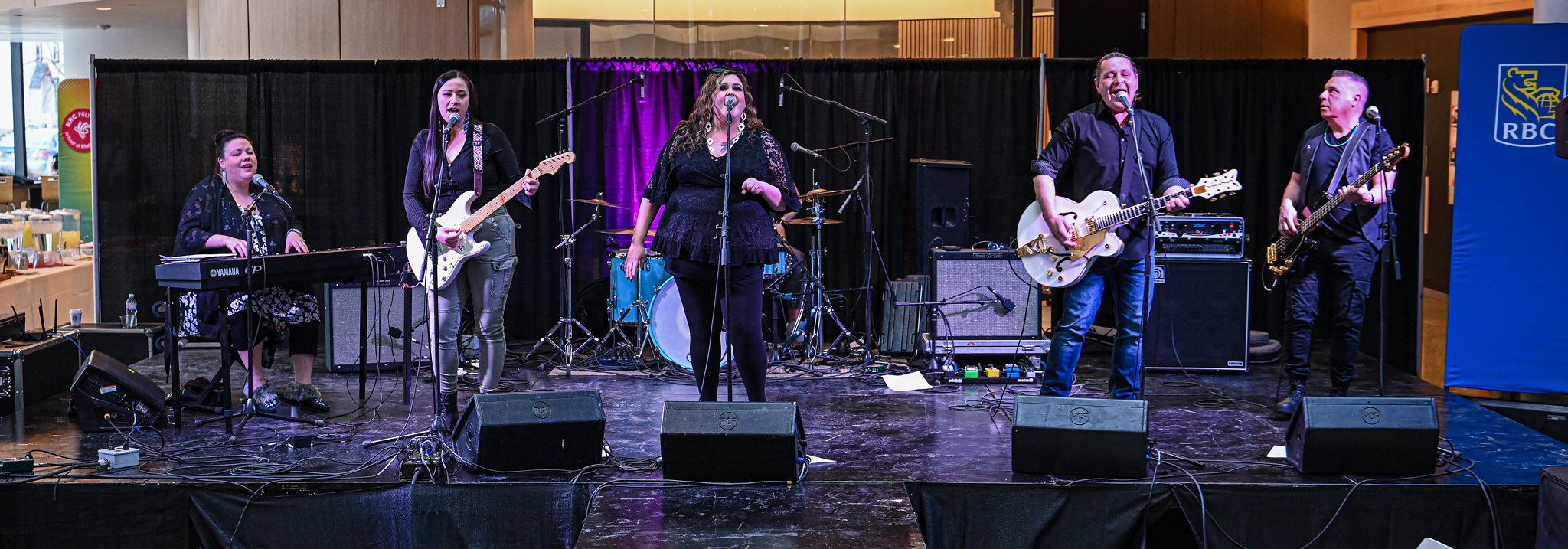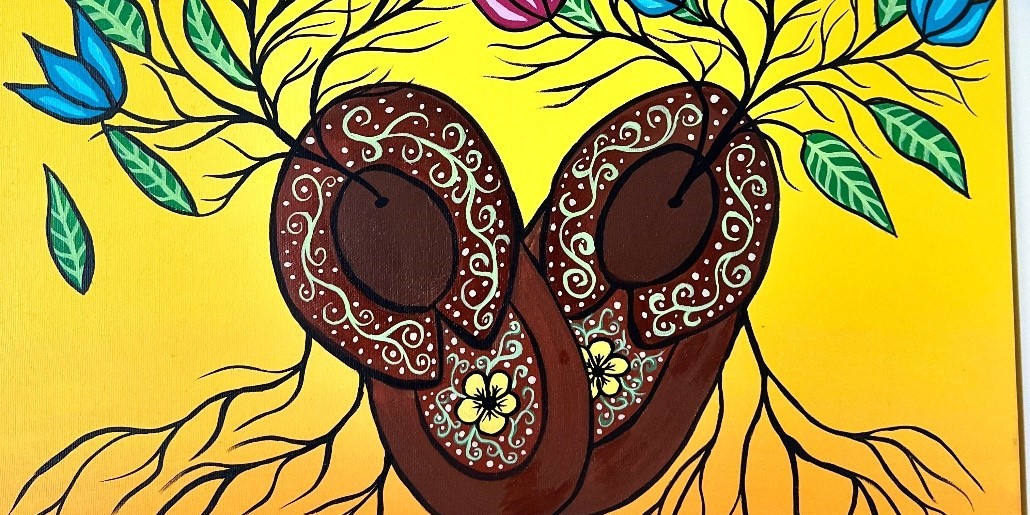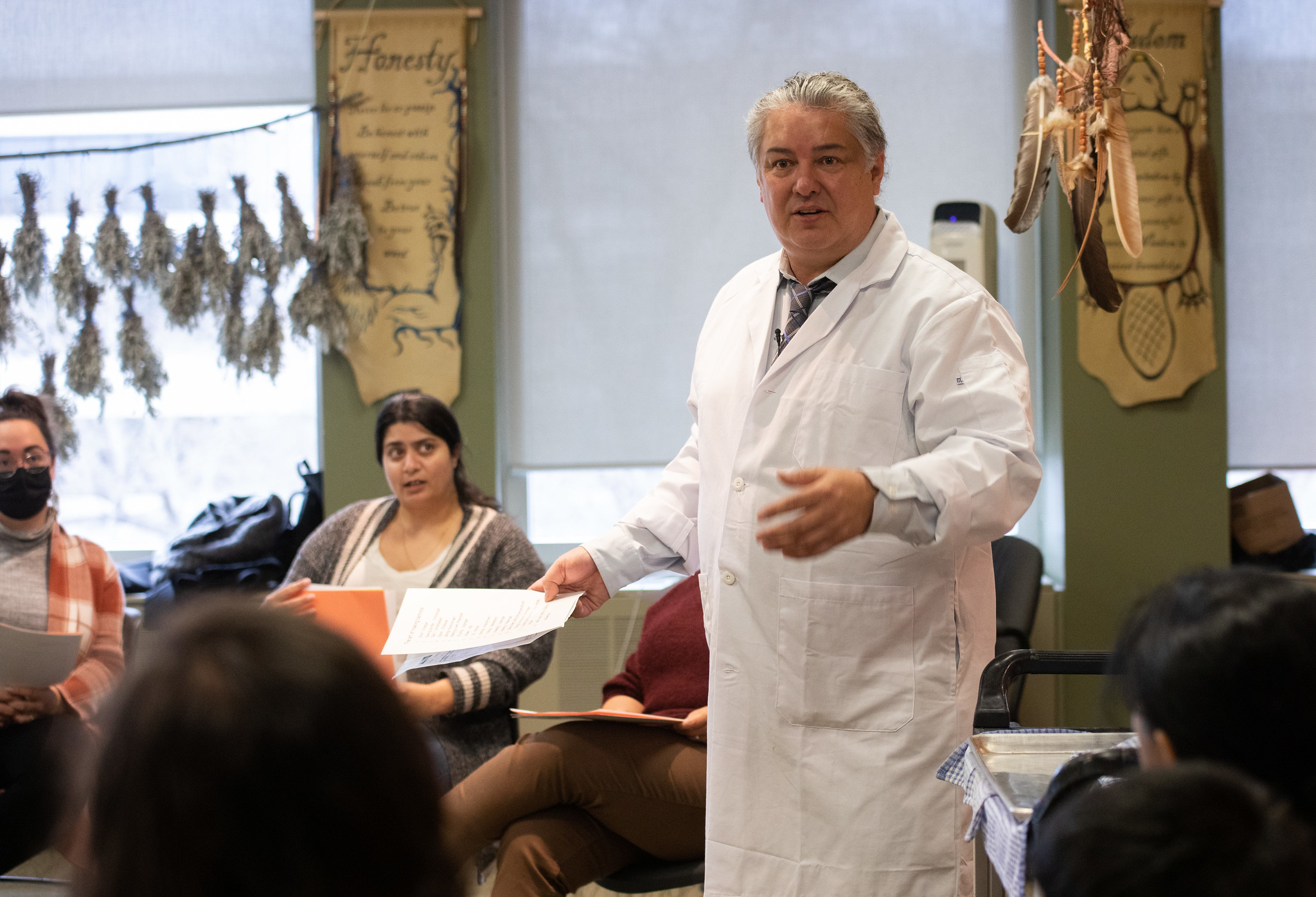Summer Solstice and Strawberry Moon 2023
June 21 is the summer solstice, the longest day of the year and, despite the beautiful weather for the last few weeks, the official start of summer. After this day, the Earth begins its slow retreat away from the sun.
Many Indigenous nations around Turtle Island recognize the significance of the season through ceremony and celebration, Pow Wows, feasts and cultural gatherings. Many communities and organizations proudly host events showcasing vibrant Indigenous cultures from dawn until dusk.
June is the Strawberry Moon, in recognition of the strawberries that have sprung from the ground and the orange moon that transforms to red. Ode’imin, the heart berry, the strawberry in us, is reflected in the month of June. As the year ripens, June ushers in July’s Berry Moon, miinan.
Elder-in-Residence Paul Guimond says that this time of year, we acknowledge the connection between all things through the strawberries, the plants, the trees around us. Everything is fully grown and life is in full swing.
“The tree we stand with, celebrate and appreciate—it is rooted to the ground. We acknowledge all the Earth, the plant life. Its roots reach all the world, its branches reach out towards the Sky World, to the moon and the stars, the sun and the planets. The Tree World: it’s never just one group of trees growing somewhere. Many different trees take up space together. It shows us that we can grow together, shows us how we can exist together.”
Elder-in-Residence Paul Guimond
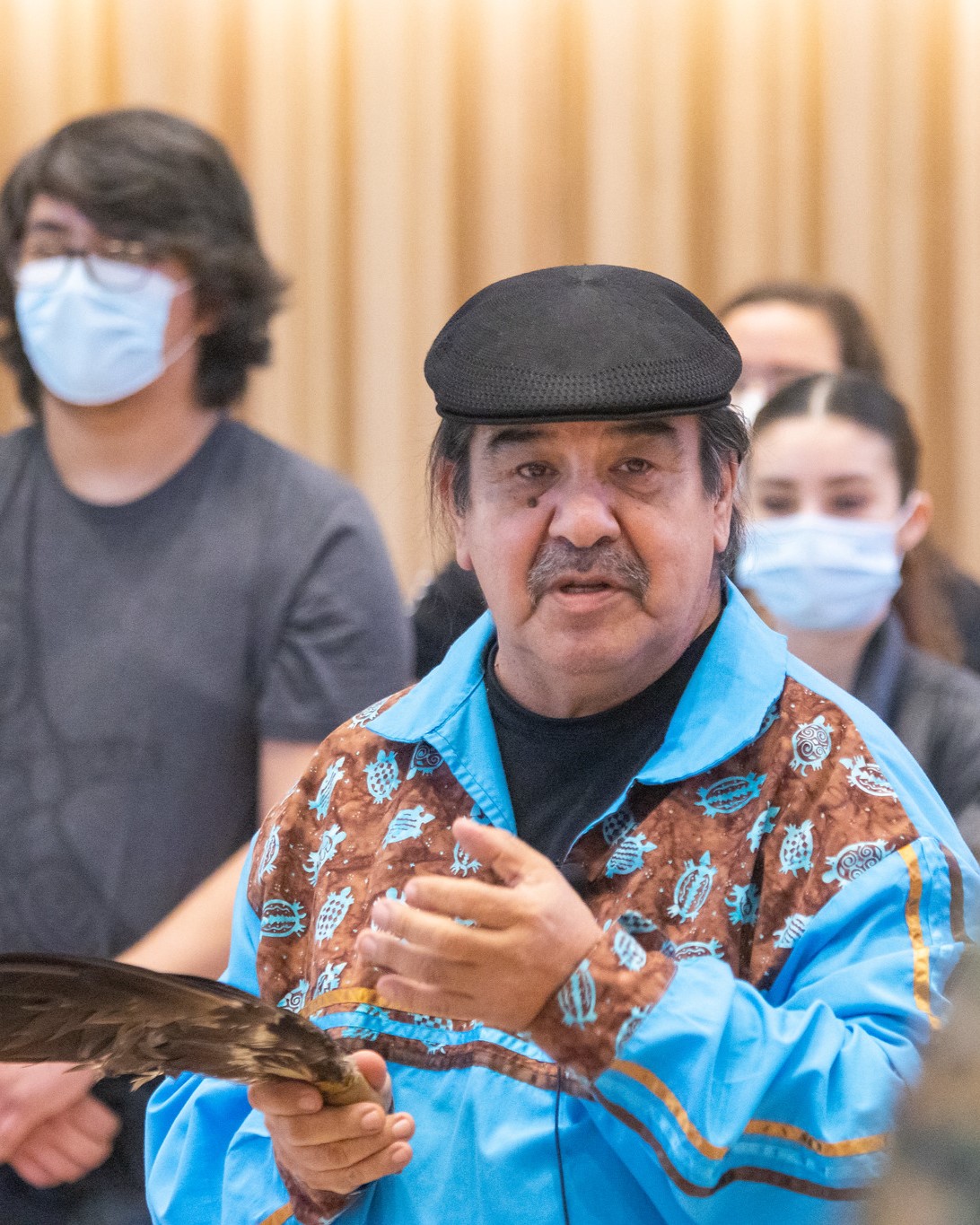
RRC Polytech in years past has hosted ceremony with the Elder-in-Residence and staff and students at Notre Dame Campus to celebrate the summer solstice and Indigenous Peoples Day. This year, the Indigenous Student Support Team tried a new approach; the team, with Elder Paul, organized a bus tour for staff and students to participate in events in Winnipeg and the surrounding region. Two buses will shuttle participants to the Manitoba Métis Federation celebration in Selkirk for the morning and the Wa-Say Healing Centre Pow Wow at The Forks for the afternoon. Check back here later this week to read how it went!
